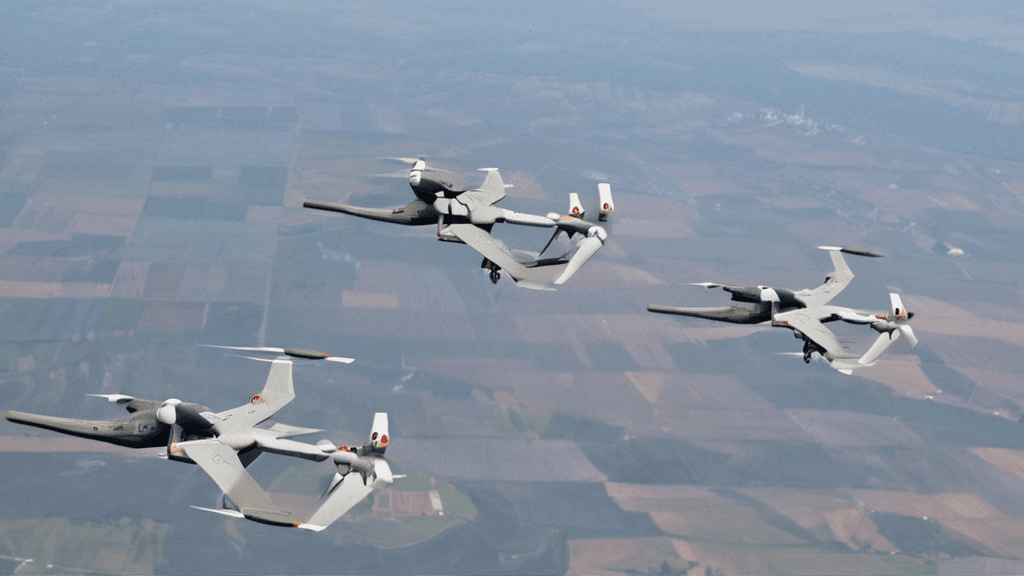Recent Drone Incidents in Romania
In a concerning series of events, Romanian radar systems detected two presumed drone signals entering its airspace on October 23, 2024. This incident, which took place over the southeastern regions of Constanta and Tulcea, marks a growing trend, as it’s already the third such occurrence in just a week. Tulcea, notably situated near the border with Ukraine, has become a focal point in discussions about airspace security amidst regional tensions.
Military and Geopolitical Responses
Following the detection of these drones, two F-16 fighter jets were dispatched to investigate. However, despite their presence, the jets were unable to visually identify the drones before the radar signals were lost. This pattern of military engagement reflects a troubling precedent; previous incidents also saw jets responding without successfully locating the drones. With no reported crash sites, it raises questions about what exactly is happening in the skies.
The ongoing conflict in Ukraine looms large over these incidents. Reports indicate that Russian forces have been increasingly active in targeting ports along the Danube River and the Black Sea. This has led to fragments of Russian drones landing within Romanian borders multiple times, sparking alarms among NATO members who are wary of potential escalation. Romania’s strategic position, with a lengthy border adjacent to Ukraine, heightens these concerns.
Romanian Prime Minister Marcel Ciolacu hinted that these drone breaches might not merely be a case of physical incursions. He suggested the possibility of cyber interference, given that the pilot’s inability to visually contact the drones adds an eerie layer to the situation. Are these drones the result of advanced technology or tactical maneuvers designed to spread uncertainty?
The NATO response has been swift, with notifications sent out regarding these incidents. There are now calls for enhanced Integrated Air and Missile Defense systems and a concerted push to bolster air and missile defense capabilities across Europe, especially in Eastern Europe. Countries like Bulgaria, Poland, Latvia, and Croatia have also reported similar happenings, indicating a wider regional impact that NATO can’t afford to overlook.
As investigations progress into these incidents, many are left wondering about the origins and intentions behind these drone breaches. While no concrete evidence has confirmed the drones as Russian technology, the implications of these events strain the already delicate geopolitical landscape. All eyes will be on how Romania and its allies manage this situation as tensions mount, further underscoring the necessity for robust defense measures in the face of uncertainty.
